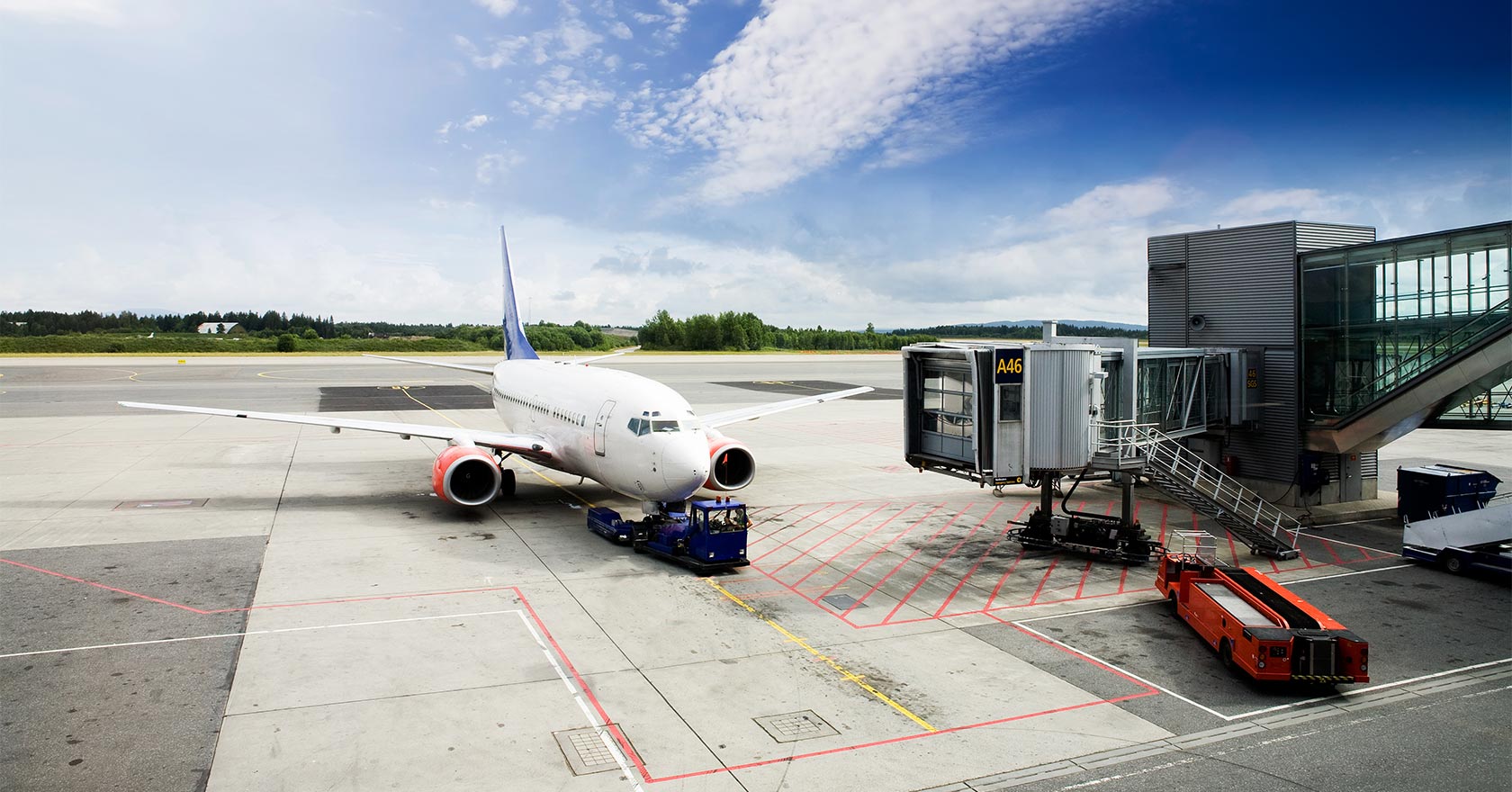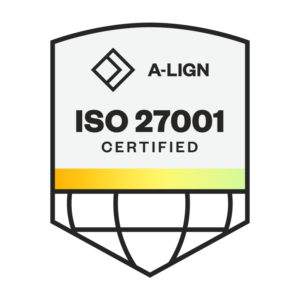Flying and aviation have been passions for many since the Wright brothers first took off in Kitty Hawk in 1903. The legacy of the Wright brothers lives on today in the thousands of pilots, planes, and airports that take to the skies every day across the globe.
Aviation provides many the opportunity to turn a passion into a career, a fact Dia Wynn knows well. Since childhood, Dia knew she’d wanted to be on the airfield. As her career grew, she saw more and more of the industry, learning the best practices from both the airfield and the offices. Now, as General Manager for Aviation at Veoci, she has another field to use her expertise in and the opportunity to change the way airports across the globe handle operations and foster an even stronger culture of safety across the industry.
First flights
Dia says her love for aviation and flying started in third grade. Her teacher was the first woman to obtain a pilot’s license from Gillespie Field in San Diego, so it only fit that Dia’s class visited the airport alongside their teacher. That visit to the airport set it all in motion. Everything about aviation, from flying to aircraft and airports, was incredible to her.
Many years later, Dia took aviation coursework as an undergraduate and joined Central Washington University’s flight program when she transferred to the school. She completed her degree and the program, earned a Bachelor’s in Flight Technology and Aviation Airport Management, and obtained her private pilot’s license.
In the midst of her degree, Dia still found a way onto the airfield. At the time, the Port of Seattle, was developing the third runway at SeaTac (Seattle-Tacoma International Airport); Dia worked on the environmental impact report and statement for the project, cataloging any and all environmental factors in the area.
Dia transitioned into a role at Paine Field for the Snohomish County Airport in Everett, WA, once her credentials and licenses were locked in. Every Tuesday, she would fly above the airfield to take photos of an ongoing construction project, documenting the progress the team made each week.
Not long after, Dia took on a role at SFO (San Francisco International Airport), where she would work for the next two decades. There’s little she didn’t do during this long window, spending time in noise abatement, marketing, communications, aviation security, and even the badging office.
One of the last stops in her journey with SFO was the procurement of a platform that could handle safety management system requirements, emergency management, and airfield operations. After a lot of research, discovery, and processes, Dia and the SFO team brought on Veoci to meet those needs.
Veoci and new opportunities
After bringing in Veoci at SFO, Dia saw exactly how impactful a platform and well-crafted solution can be for an airport, and imagined being able to bring this reality to many other airports. So, after some tough deliberation, she left the team she saw as a family at SFO to join Veoci.
As the General Manager for Aviation at Veoci, Dia’s focus is to ensure airports of all sizes, operations, and budgets have an accessible solution that meets their needs. While all airports follow a hard list of requirements and regulations, each individual airport still has unique operational needs dictated by usage, environments, surrounding communities, and staffing.
The way she sees it, delivering a solution any airport can use helps aviation become better as a whole. The better aviation becomes, the safer one of the safest transportation methods can become.
The aspects of airport operations that are standardized are another opportunity to impart change for Dia. Veoci, as a platform, can be at the forefront of making planning and record keeping more uniform. It’s important to provide consistency with report and compliance of advisory circulars and regulations the FAA publishes, and standardizing the reporting between airports will help the industry by creating more transferable and transparent data. Again, it all works towards making aviation a better and safer experience for passengers, pilots, crews, and other stakeholders.
The next stop for airport tech
There’s only so much of aviation and airport operations that can be virtual, Dia says. Inspectors and other personnel will need to be on the ground and in-person to properly assess equipment, aircraft, facilities, and runways regardless of technology’s reach for the foreseeable future. But airports and aviation will continue to embrace tech as much as they can, especially for things like record keeping and data sharing.
Technology lets airports wrap up days, weeks, months, and years of data into a streamlined means of presentation. Veoci, for example, can compile inspect records or specified time periods into a dashboard for quick perusal. Instead of combing through piles of records, either on paper or digitally, inspectors and other personnel can glance at records to ensure compliance and move on to physical inspections. Ultimately, this gives everyone involved in the compliance and safety processes more time to focus on compliance and safety. The digital age for airports, aviation, and the FAA are just beginning.
There are more risks for airports to manage now, too. During her more final years at SFO, drones started to become more popular and commercially available. Airports will have to add drone interference and other new-age risks to their planning books to keep passengers and crews safe.
Words for other practitioners
When talking to someone as experienced and well-versed at Dia, we have to ask what advice she has for her fellow practitioners.
Dia says recognize that people are your biggest assets. And in a field like aviation, it’s especially important. Get people to want to do their jobs and keep them happy. That’s when they make their biggest strides and they’re the most innovative. Field each of their ideas equally and give credit where it’s due.
Another important lesson Dia has for other practitioners is to stay focused and avoid being mired in the things that are less important. Focus on each day and the end results of the work. Good work will always produce the best outcome.








